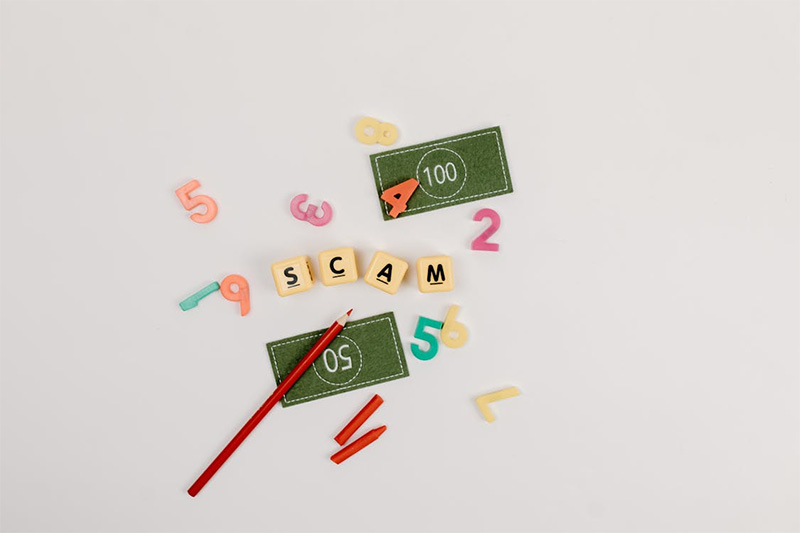How to Protect Yourself from Common Financial Scams
The digital age brings convenience, but it also opens the door to a confusing jungle of scams that change with dizzying speed. Email’s not just for birthday wishes—now it’s an arena for hustlers. Phone calls, texts, websites—none can be trusted blindly. The signs aren’t always obvious. Even those suspicious by nature have fallen victim after one tired click or misplaced trust. Money disappears faster than common sense when scammers strike. Spotting trouble before it hits the wallet takes more than luck; it demands vigilance and a willingness to question what looks almost-but-not-quite right. The modern world requires sharp senses—and sharper skepticism.
Recognize the Red Flags
First comes the trickery: unsolicited messages promising instant prizes, urgent threats pretending to come from banks, or mysterious links or other meaningless gibberish meant to fly under suspicion. These aren’t random blips—they’re calculated attempts at baiting victims who let their guard slip for even a second. The grammar might trip over itself; logos usually look off if studied closely; something always feels rushed or all-caps desperate. No legitimate business asks for sensitive info through text or email blurbs that read like bad translations. Caller ID can lie, so can voices on the phone—doubt anything demanding money fast.
Don’t Overshare
Social media posts seem harmless until they end up in a scammer’s toolkit. Birthdays? Pet names? Favorite vacation spots? All breadcrumbs leading toward stolen identities if tossed around too freely online. It isn’t paranoia—it’s simple defense against those hungry for details that should remain private property. Oversharing hands out puzzle pieces; soon someone else finishes the picture and unlocks personal accounts before sunrise coffee is poured. Every innocuous quiz about high school mascots or first cars? Not innocent at all—each bit is ammunition for cyberthieves waiting to strike when guards are down.
Verify Before Trusting
Received an unexpected bill from an unknown company? Found a message from someone claiming authority—a bank rep, tech support, government official—with requests demanding urgency? Slow everything down immediately. Real institutions don’t demand information with threats of disaster hanging overhead like storm clouds ready to burst any minute now. Always use verified contact details found on official websites—not whatever number appears in a suspicious message—to check if problems actually exist. Gut feeling says something’s fishy? That feeling deserves respect; confirmations kill countless scams before they hatch.
Monitor Accounts Regularly
There’s no substitute for diligence once money leaves its safe little bubble inside a bank account or credit card line. Scammers thrive on neglect—they slip through cracks left open by those who forget to review statements every month or ignore odd charges hoping they’ll vanish on their own accord (they won’t). Set up alerts where possible so strange activity triggers real-time warnings instead of nasty surprises weeks later when options are fewer and recoveries harder won back from shadowy hands halfway around the globe.
Staying ahead of financial scams isn’t about living in fear—it’s about practicing smart habits until they become second nature: doubt what looks too good (or too alarming), guard personal details like diamonds, verify claims before reacting, and watch financial footprints as closely as passwords are guarded late at night. The reality remains clear: Scammers adapt old tricks into new forms every day without rest or remorse. Vigilance wins battles most never see coming—the prepared rarely fall prey twice in this ever-evolving battlefield of deception and trust.
Photo Attribution:
1st & featured image by https://www.pexels.com/photo/green-and-white-playing-cards-7111603/
2nd image by https://www.pexels.com/photo/people-night-smartphone-dark-6963062/


